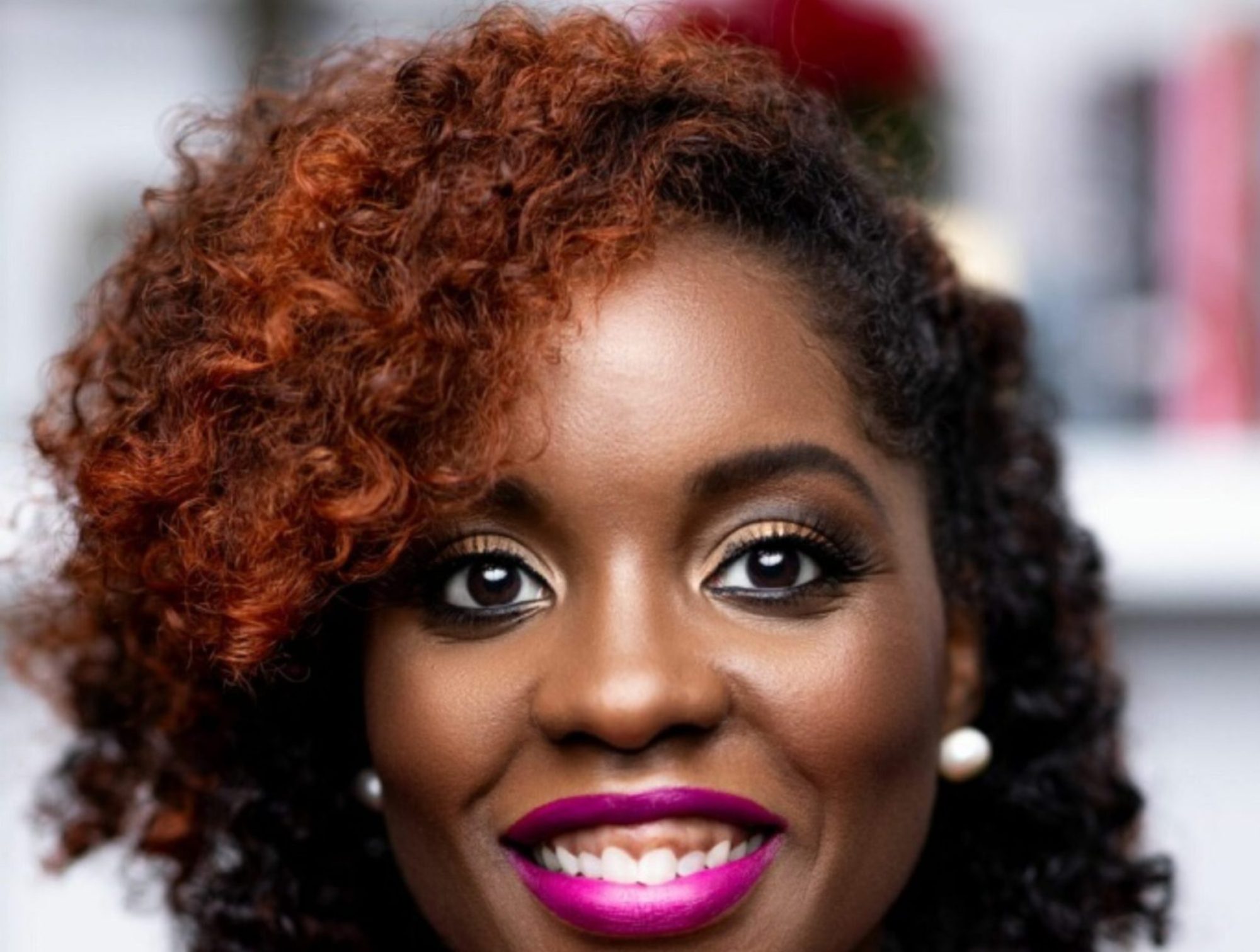So this question was posed on the live session on Monday April 20, and has been being asked across the nation. I didn’t really have time to delve into a full articulate response, but I do think I hit on some points I’d like to expand and clarify here.
- This is likely a factor of our being the likely to have other risk factors such as metabolic diseases (diabetes, hypertension, BMI > 30). When you have a population that is much more affected by the other risk factors, you expect to see that population much more affected.
- This is something that is systemic, and predates the COVID-19 pandemic. In the medical community, we have been discussing social determinants of health for some time now, and this is something that largely affects the health of our black and brown communities.
- To further elaborate on the above comment, unfortunately, you also find that there is less access to testing in black and brown communities at this time. What we know is that without testing, we find it difficult to contain any pandemic.
- There is historical mistrust between the African-American community at large and the medical community. And it has been earned. With a history like experiments on those at Tuskegee and others like it, within past 100 years no less, it’s sometimes hard for the African-American community to trust that the information that is coming out is best for them. In this case, it can lead to ignoring sound health advice, and spread of illness, or worse course of illness.
- Many of us could not self quarantine. When you look at those who are not socioeconomically well off, they are disproportionately black and brown. Many of us were given the choice of working or not getting paid. Many of us lost our jobs and can’t afford masks and hand sanitizer. These are the things that affect outcomes.
So what can we do about it?
We can’t fix systems overnight. But we can do some things to try to make sure we are helping our communities tip the scales a bit. One thing is to donate to organizations that are specifically trying to reach those who are underserved and get them the tools to protect themselves—masks, hand sanitizer, etc.
Another—believe us when we say to remain socially distant and act accordingly. Do not go to your nail salon if they don’t come back into business with appropriate measures in place. Don’t get your hair done if your stylist isn’t protecting his/her clients by taking the financial or temporal hit to socially distance clientele and sanitize appropriately. Don’t start having parties and gatherings that violate social distancing too soon. It’s not more important than our health as a community.
Ultimately, as well, I believe we have to start focusing on our overall health. We must start educating ourselves on better eating choices and exercise, and stop glorifying diets that kill us. Eating more fruits and vegetables is good for your immune system, but also, in the long term, eating more plants and moving more, means less metabolic disease. We have to continue to fight for improved systems so that everyone has access to healthful foods and safe places for exercise. Because in the middle of a pandemic is too late to change a broken system, we have to remember the lessons and fight for change for the next time.
See links below for other discussions on this topic.

